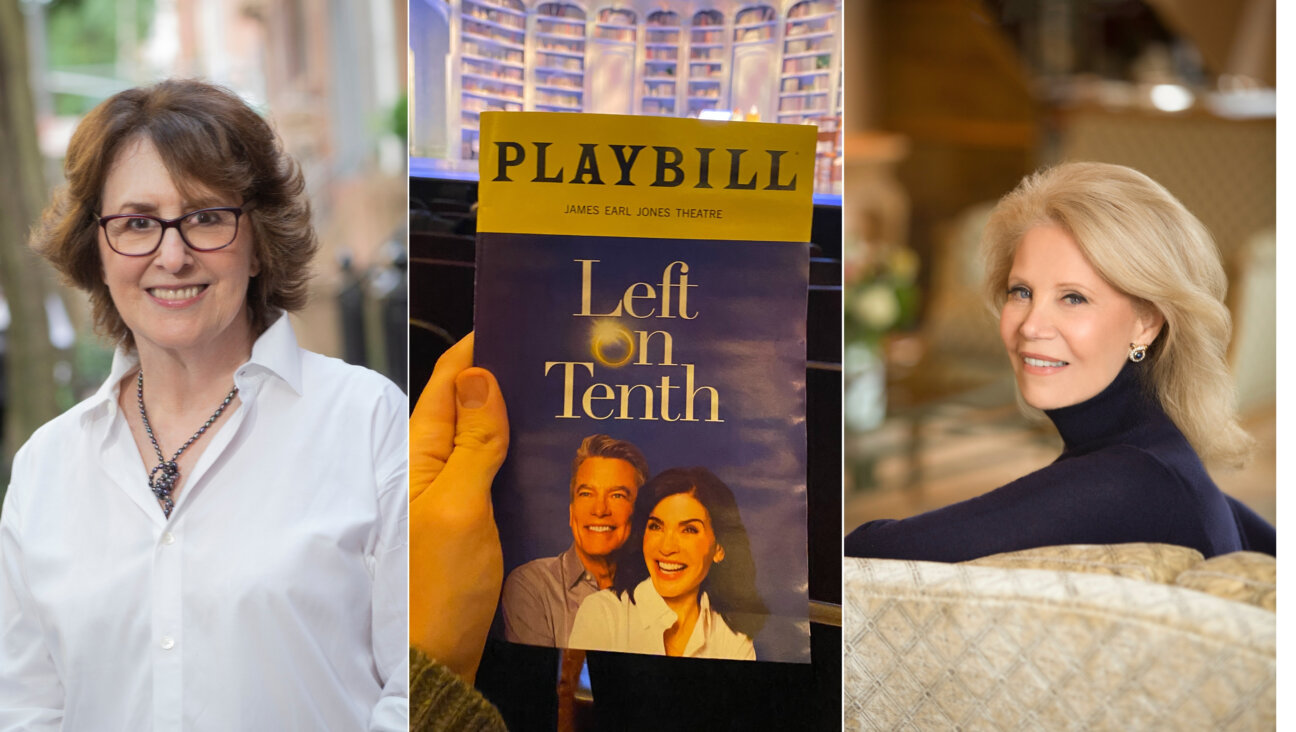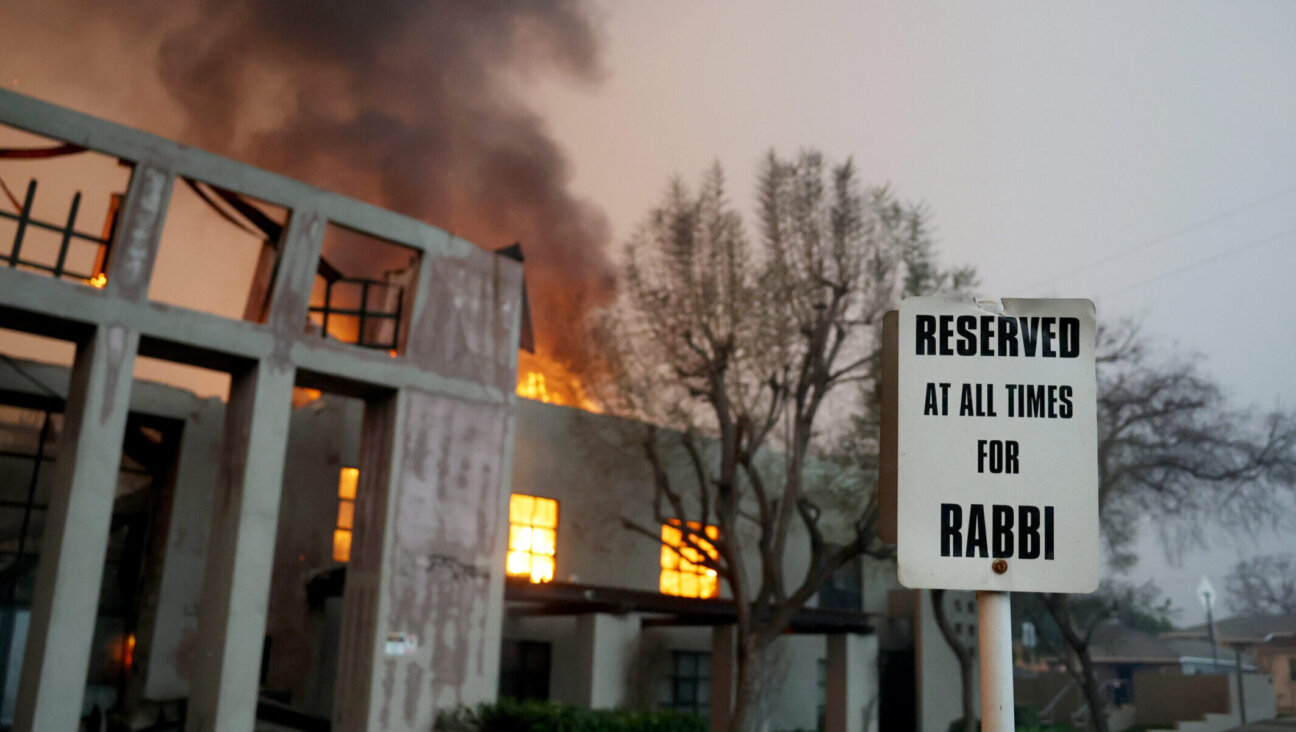What’s in a Name? Russian Jewish Composer Mieczyslaw Weinberg

A November 22nd recital by the noted Latvian-born cellist Yosif Feigelson at New York’s Stephen Wise Free Synagogue is a welcome opportunity to experience the sinuously graceful and dramatic cello music of the Russian composer of Polish-Jewish origin, Mieczyslaw Weinberg.
I once asked Weinberg’s colleague, the Russian Jewish conductor Rudolf Barshai, if the composer’s Judaism had hindered his musical career. Barshai replied that Weinberg “never traveled outside of the USSR. I think he was scared of imprisonment until the end of his days.” Indeed, Weinberg’s father-in-law, the mighty Yiddish actor Solomon Mikhoels, was murdered on Stalin’s orders, and Weinberg himself was arrested in 1953 as part of the aftershock of Stalin’s notorious Doctors’ Plot.
In addition to antisemitism, simple transliteration from the Russian may have also obscured this gifted musician’s legacy to posterity, as his name is sometimes written Moisey Vainberg, Vaynberg, or Wajnberg, making recognition and, more recently, internet searches more than usually difficult. (Weinberg is not alone in this; the name of the superb Russian Jewish conductor Arnold Katz, leader of the Novosibirsk Symphony, is often spelled “Kaz” in the West, making an already-underrated musician all the more difficult to find for CD buyers). Fortunately, Naxos reportedly plans to reprint Feigelson’s 1996 recordings of Weinberg, previously available on Olympia CDs, which reveal delightful flair and nuance.
Other Naxos Weinberg cello, chamber, and orchestral CD releases, as well as a much-praised Chandos series further enrich our understanding of this highly individual talent who, despite his worship of Shostakovich (and the admiration was mutual), never became a mere sound-alike.
Indeed, there is a Prokofiev-like exuberance to some of Weinberg’s works. His discovery as a major talent of his time is long overdue, and music lovers owe Yosif Feigelson a vote of thanks for his efforts.
Listen below to two recordings of movements from Mieczyslaw Weinberg’s enigmatic, deeply felt “Piano Quintet in F minor,” with its brilliant writing for strings.
and here.
A message from our Publisher & CEO Rachel Fishman Feddersen

I hope you appreciated this article. Before you go, I’d like to ask you to please support the Forward’s award-winning, nonprofit journalism so that we can be prepared for whatever news 2025 brings.
At a time when other newsrooms are closing or cutting back, the Forward has removed its paywall and invested additional resources to report on the ground from Israel and around the U.S. on the impact of the war, rising antisemitism and polarized discourse.
Readers like you make it all possible. Support our work by becoming a Forward Member and connect with our journalism and your community.
— Rachel Fishman Feddersen, Publisher and CEO























